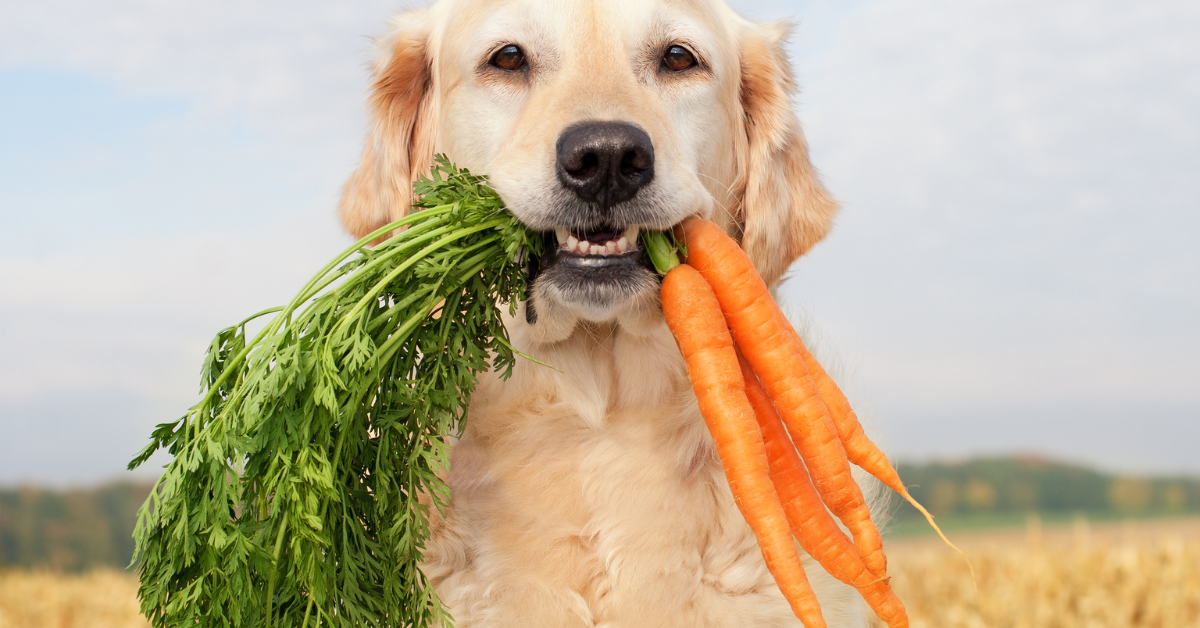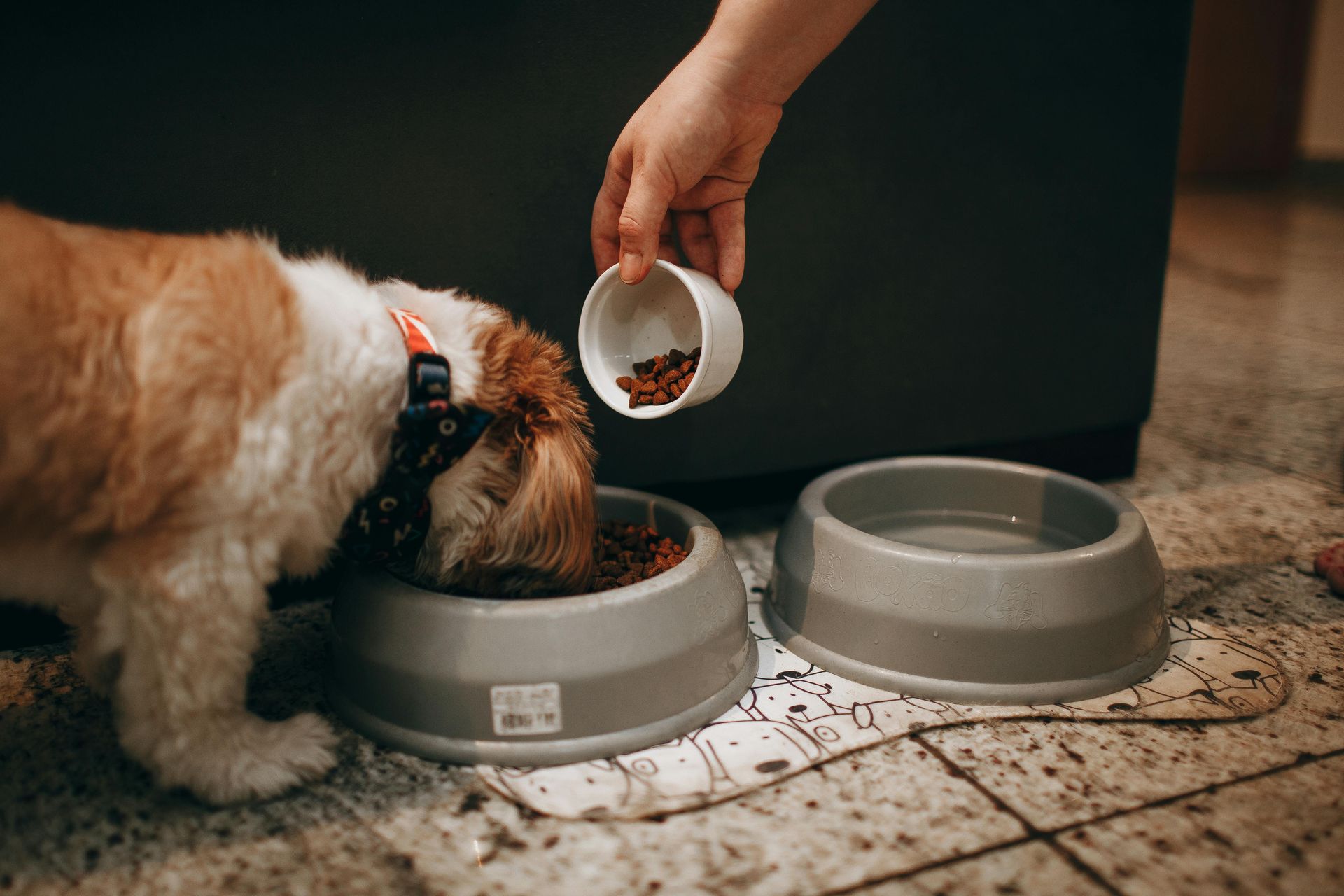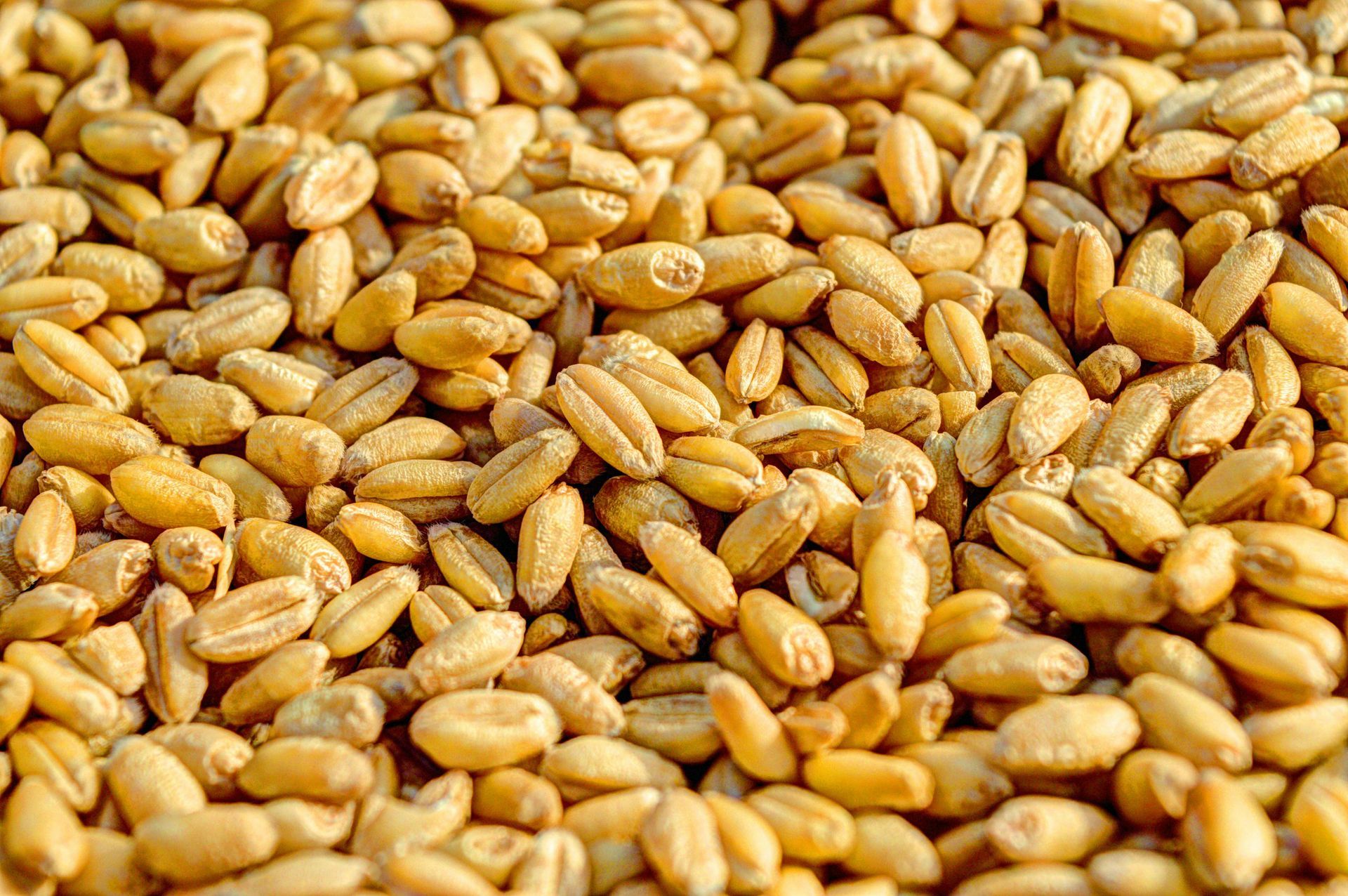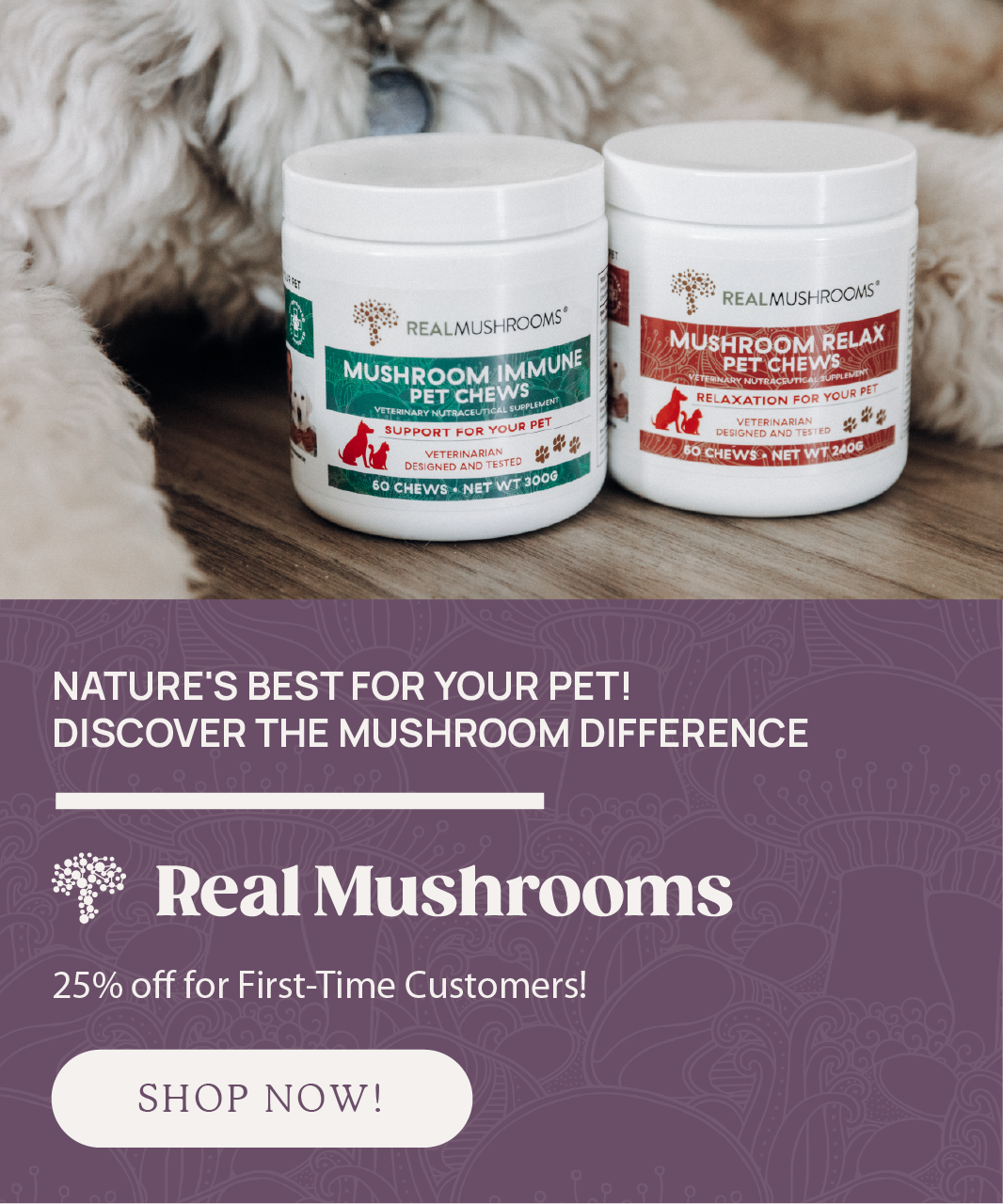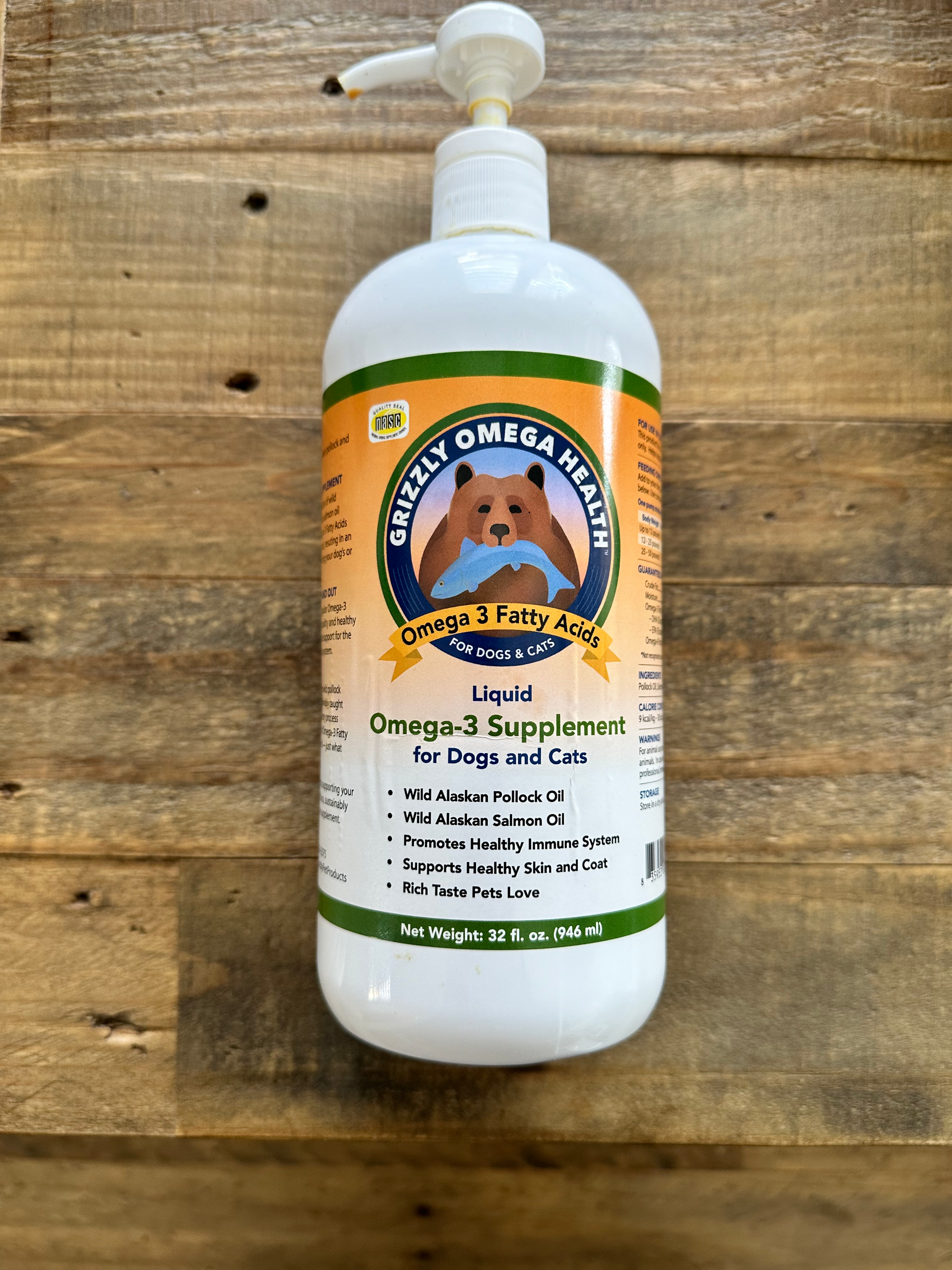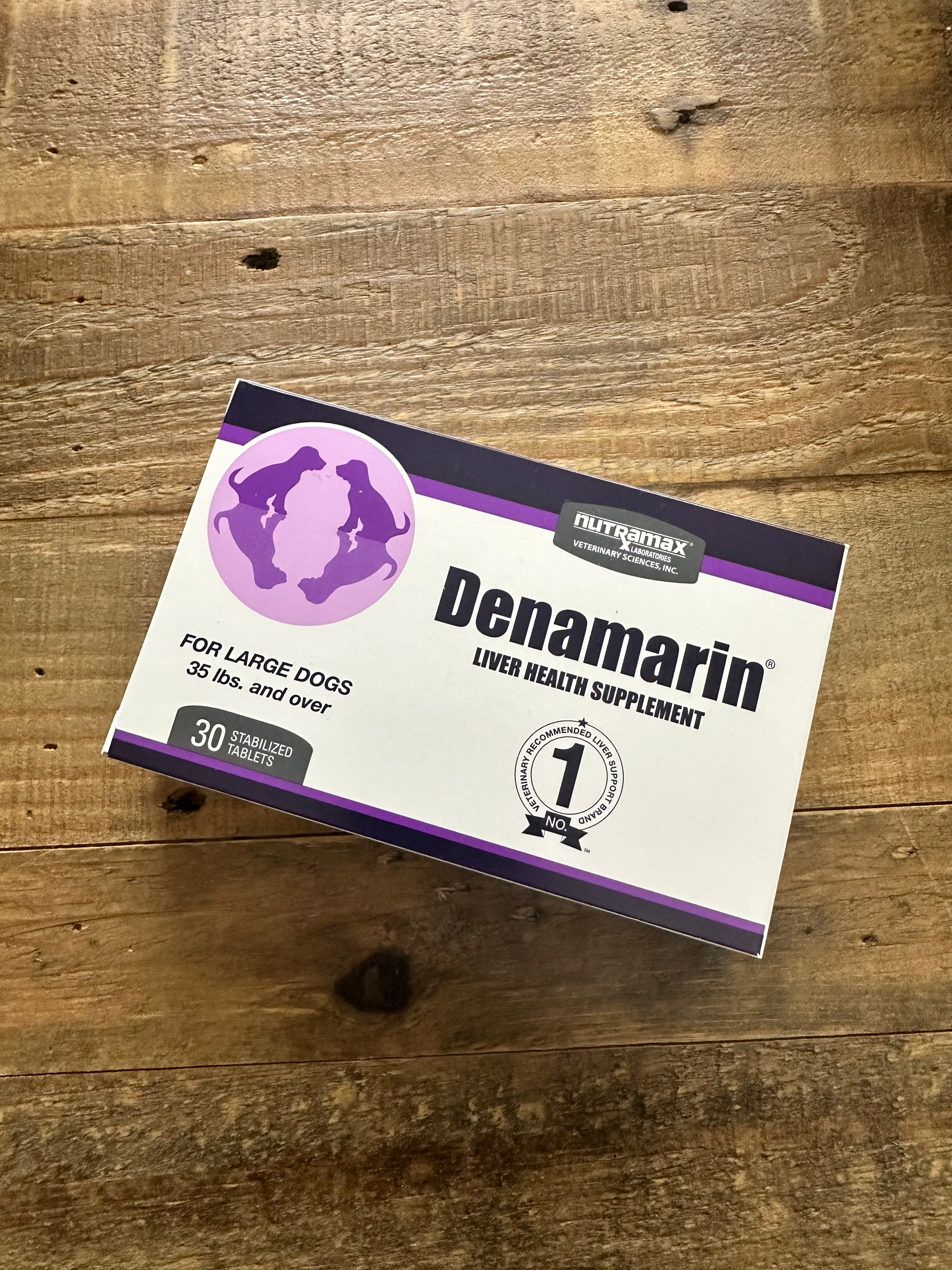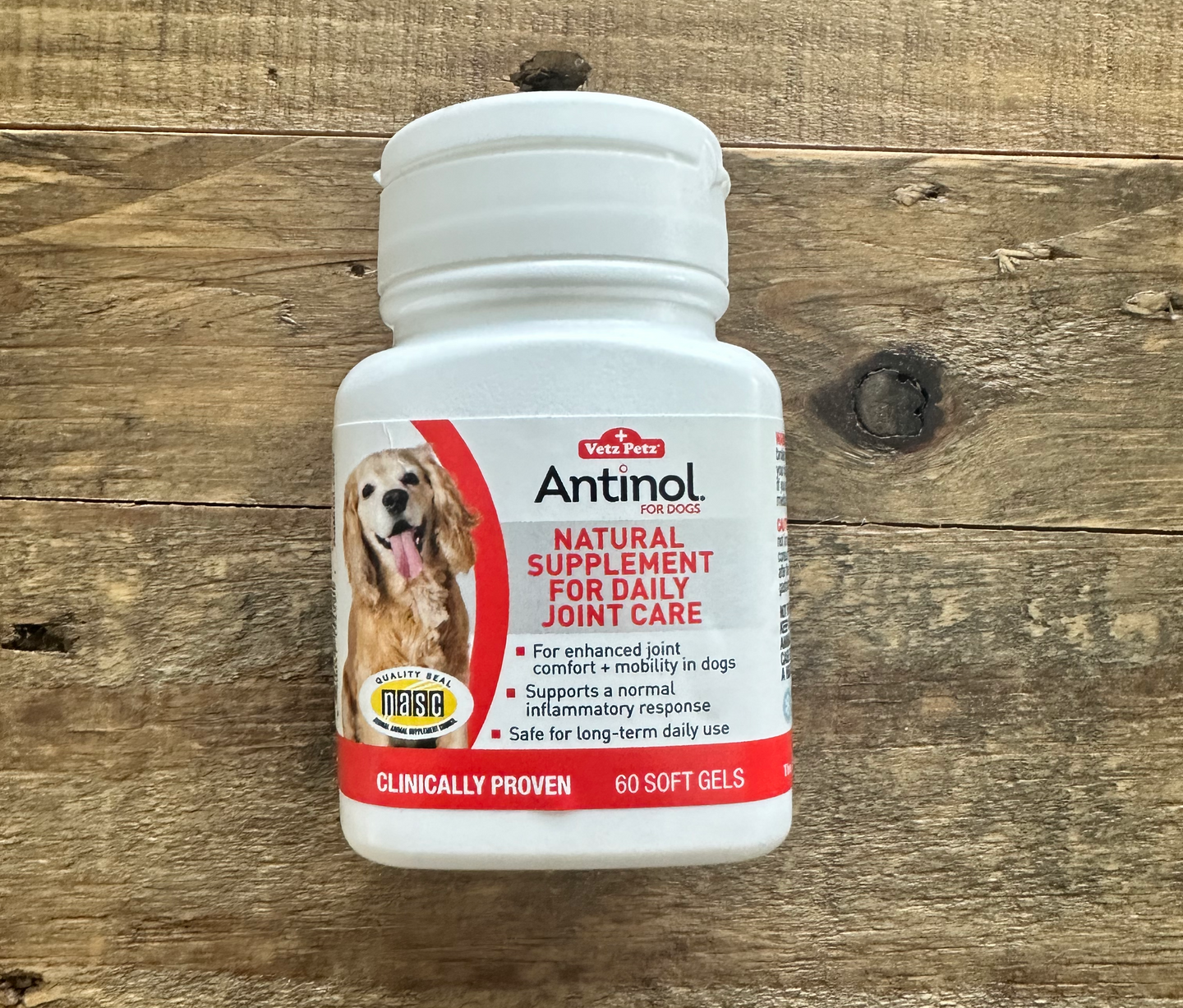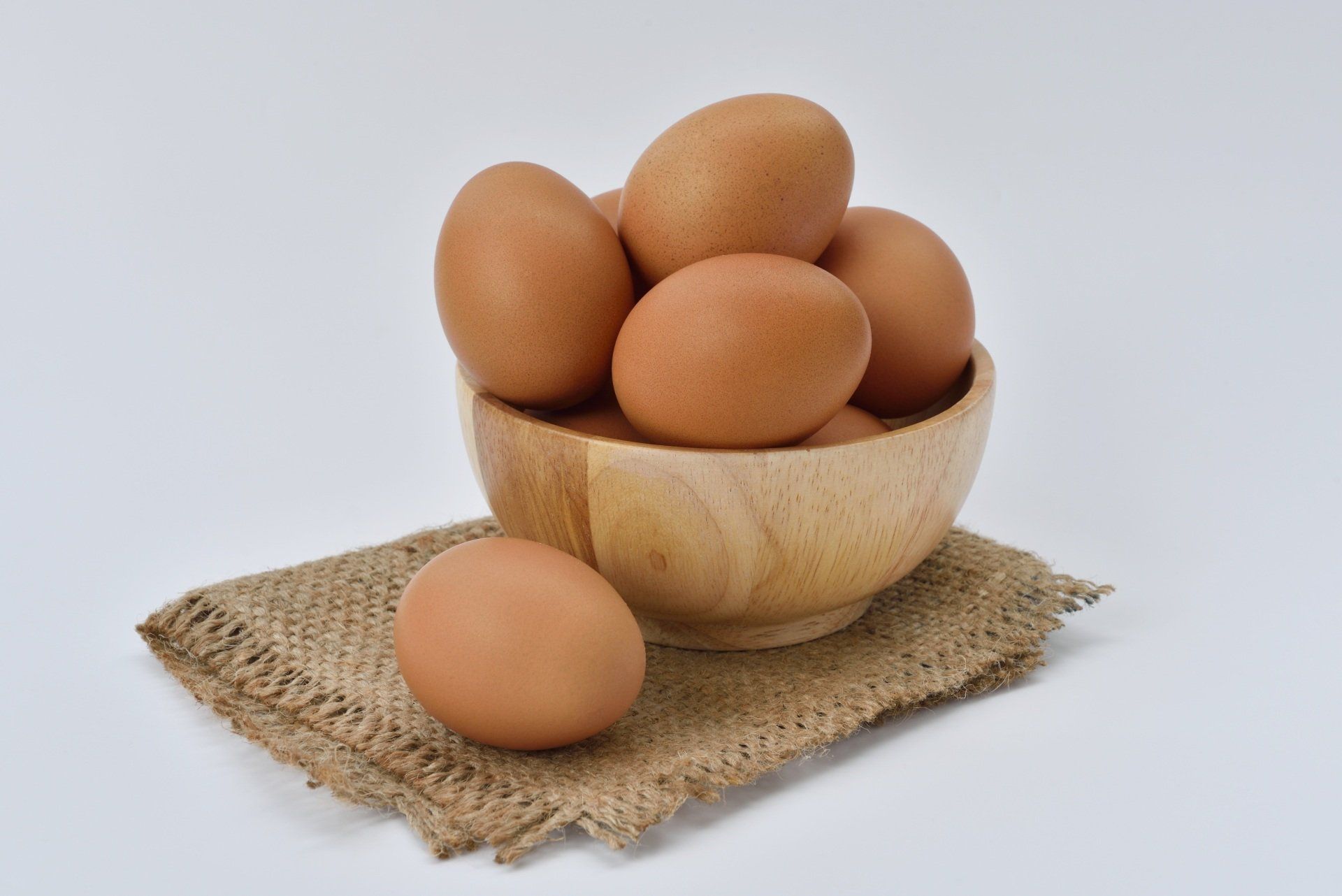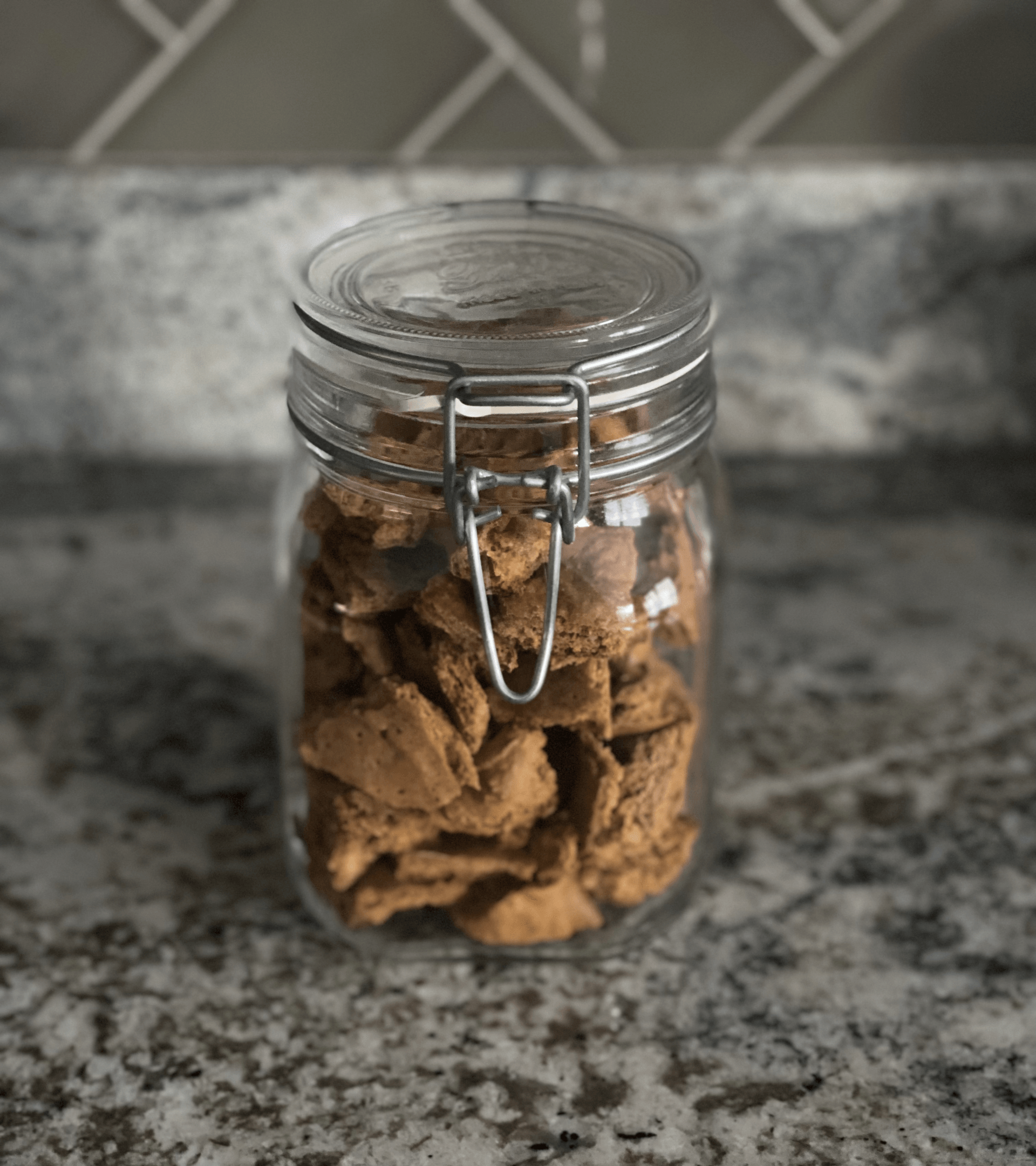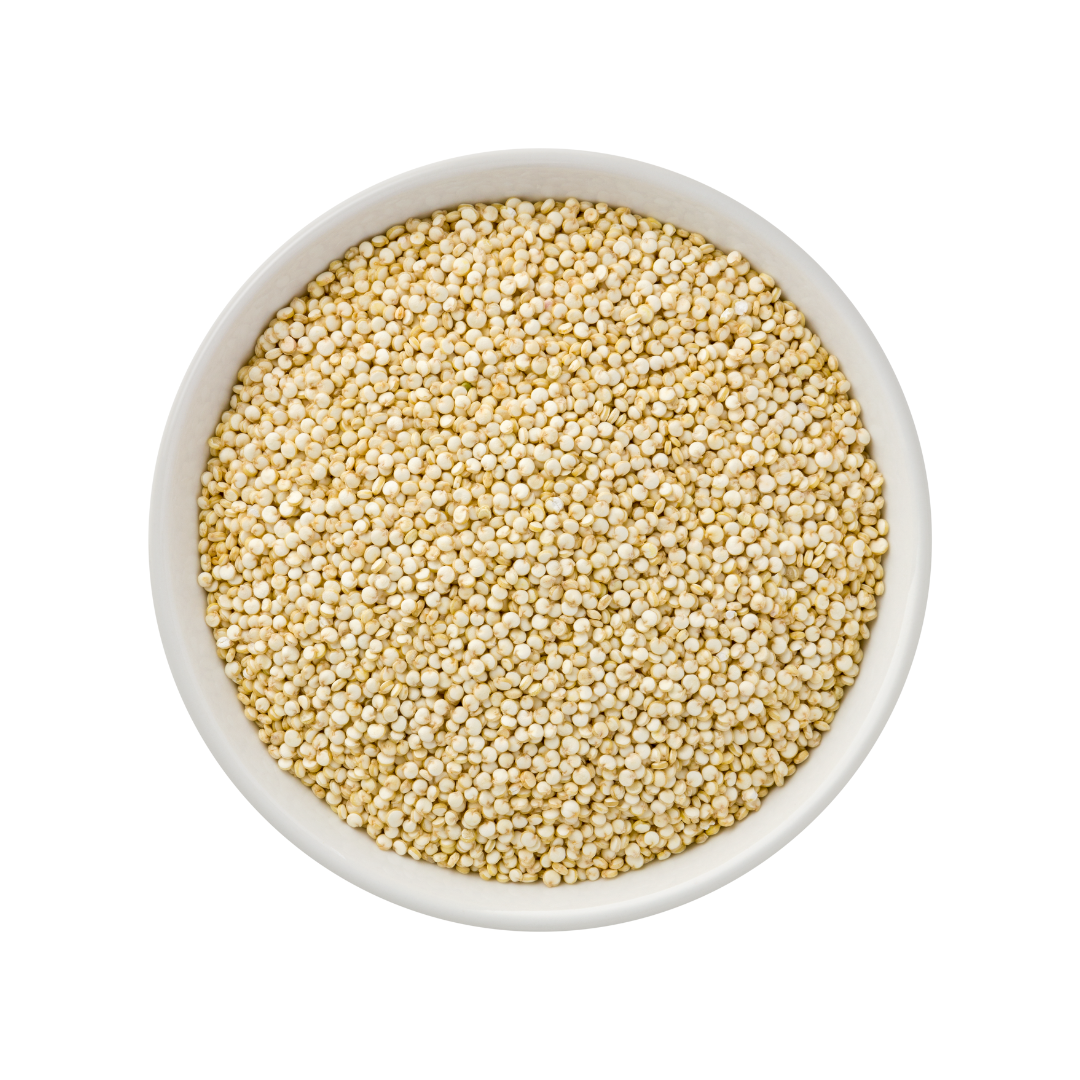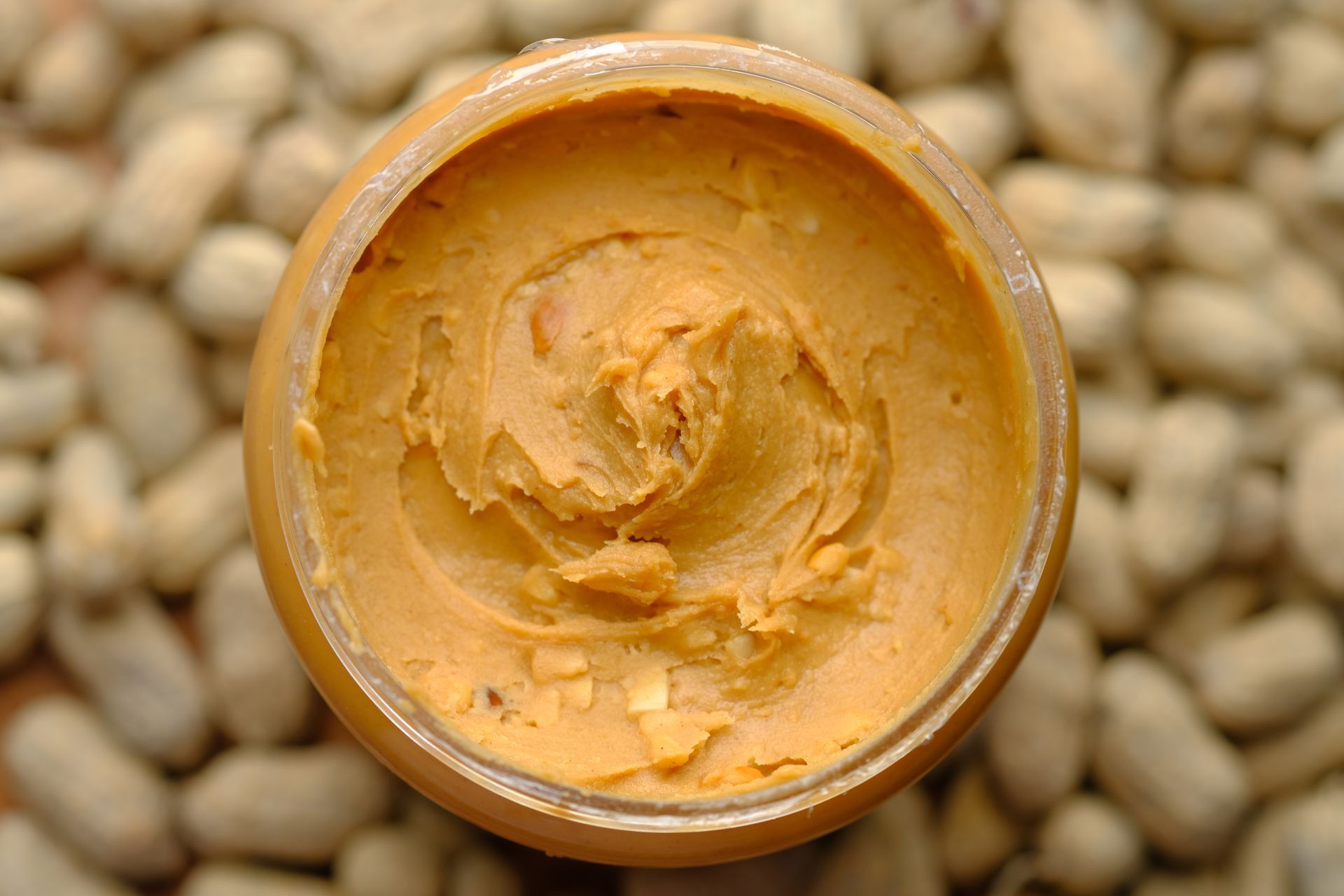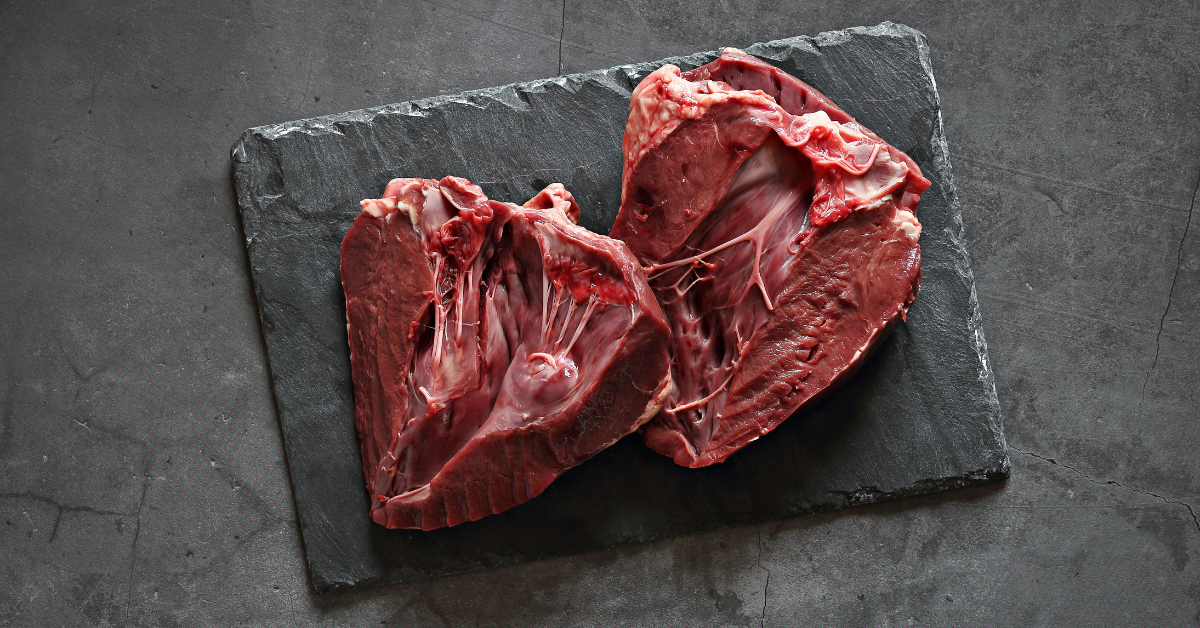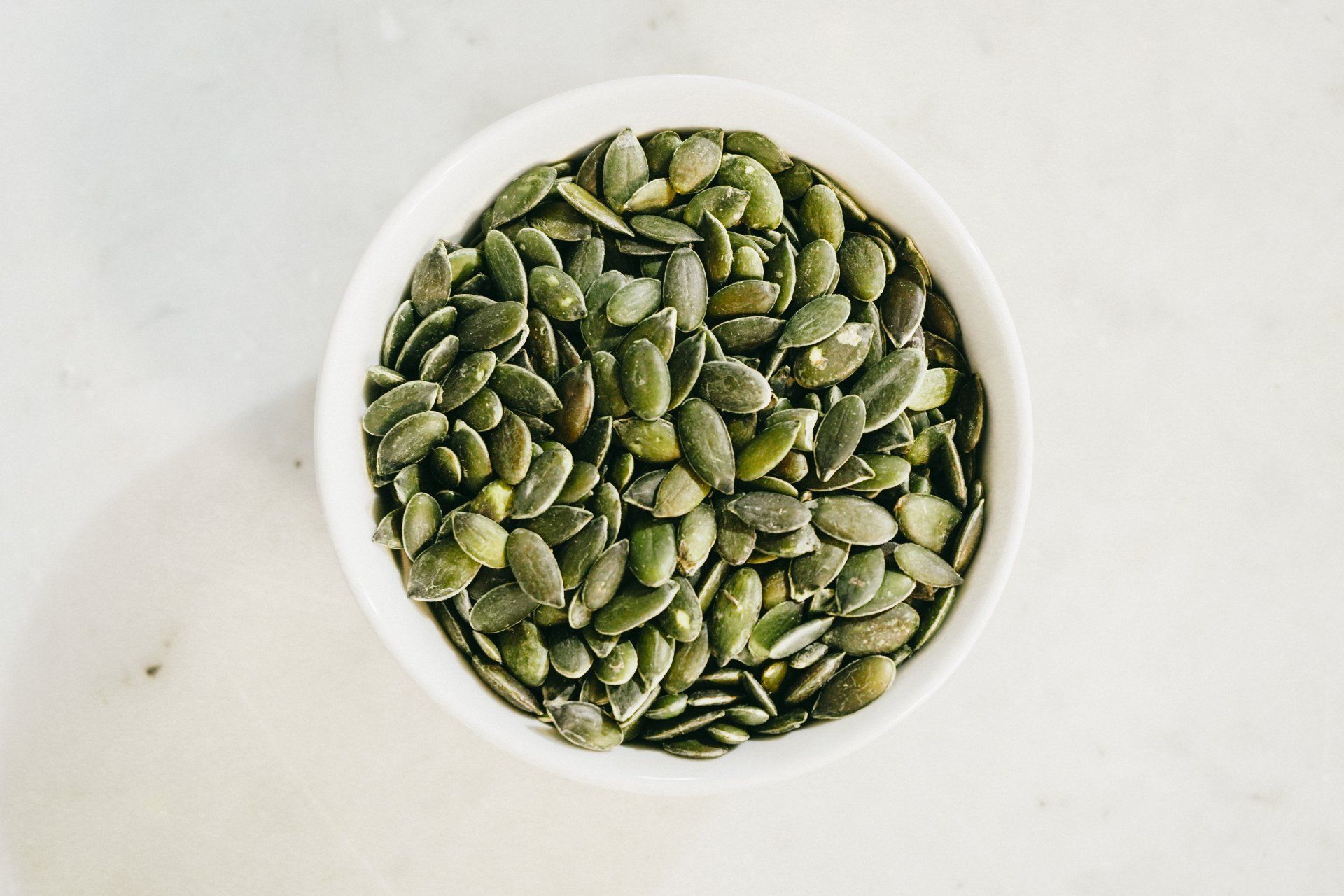You're right, there's no single ruler for dog food! The Association of American Feed Control Officials (AAFCO) sets standards for commercial brands, and according to the FDA, when a brand carries the label "Complete and Balanced" it signifies that it meets AAFCO standards. However, that is a commercial requirement for commercially sold foods. Yes, it can be applied to homemade diets, whether cooked or raw but is that the best option?
The National Research Council (NRC) provides another valuable resource, outlining a dog's nutritional needs. They publish guidelines for the nutritional needs of dogs. These guidelines are a helpful resource, but they aren't a rigid set of rules. Think of them as a roadmap for ensuring your dog gets the nutrients they need. Veterinarians and animal nutritionists often use the NRC guidelines as a foundation when creating personalized meal plans for dogs. However, this source does not dictate a one-size-fits-all approach as it does not consider all the factors such as a dogs health and activity levels.
Are Online Homemade Dog Food Recipes Safe?
The allure of "quick and easy" homemade dog food recipes can be a trapdoor for unsuspecting pet owners. These clickbait recipes, often churned out by bloggers or websites seeking online traffic, prioritize catchy headlines and visuals over actual canine nutrition. They might feature simple ingredients to make it seem easy but can lack essential nutrients and be dangerously imbalanced.
This focus on clicks over canine health can lead to serious consequences, like vitamin deficiencies, digestive upset, or even organ damage in the long run. It's crucial to remember that your dog's well-being shouldn't be a gamble – prioritize reliable sources and consult with professionals before whipping up a homemade meal based solely on an eye-catching online recipe.
How to Find Reliable Homemade Dog Food Recipes Online
The internet is a treasure trove of information, but when it comes to your dog's food, navigating the vast sea of recipes can be tricky. Here's how to sniff out the clickbait chefs and find reliable sources for your dog's meals:
Red Flags of Clickbait Cuisine:
- Promises Too Good to be True: Recipes boasting "magical" ingredients or claiming to cure all your dog's ailments are most likely fiction.
- Lack of Ingredients: Homemade diets can be calcium deficient. Does the recipe account for that? What about organ meats? Read more about key factors in homemade dog food here.
- Missing the Science: Reliable recipes will reference the National Research Council (NRC) guidelines or include nutritional profiles in their recipes.
Signs of a Reputable Recipe Source:
- Focus on Ingredients: Reputable recipes prioritize a breakdown of essential nutrients, including the type and amount of protein, carbohydrates, and healthy fats.
- Detailed Instructions: Clear instructions on portion sizes, cooking methods, and potential substitutions for dietary restrictions demonstrate a grasp of canine nutrition.
- Affiliation with Professionals: Look for recipes from websites or blogs run by veterinarians, animal nutritionists, or those who are providing recipes based on NRC guidelines. Reviews and testimonials from other pet owners can also be helpful indicators.
Beyond the Recipe:
Don't rely solely on a single recipe! Reputable websites will offer a variety of recipes tailored to different dog breeds, ages, and activity levels. They may also provide resources on canine nutrition and the importance of consulting with a veterinarian before transitioning your dog to a homemade diet.
Empowering Yourself to Create Balanced Homemade Dog Food
While online recipes can be a starting point, blindly following them can leave your dog with nutritional gaps. A more empowered approach involves understanding your dog's specific needs. This means delving into the National Research Council (NRC) guidelines to grasp the essential nutrients like protein, fats, and carbohydrates in the right ratios. Learn which whole foods are rich in these nutrients, like lean meats for protein and vegetables for vitamins. Finally, with your veterinarian's guidance, you can establish feeding guidelines based on your dog's weight, age, and activity level, ensuring they receive the proper amount of calories without overfeeding. This knowledge empowers you to create balanced meals tailored to your dog, going beyond the limitations of a single recipe.
DIY Kits: Homemade Dog Food
Feeling overwhelmed by the specifics of homemade dog food? Companies like Just Food For Dogs offer DIY kits that can be a lifesaver for beginners. These kits take the guesswork out of portion sizes and nutrient balance by including pre-measured supplements and detailed recipes. They tell you the ingredients to buy and prepare and exactly how much of their supplement to add. Think of them as training wheels for homemade food! They allow you to gain confidence and experience in crafting balanced meals for your dog, paving the way for creating your own recipes from scratch down the line.
Buy Just Food For Dogs DIY Kit on Amazon
Transitioning to Whole Foods and Natural Supplements
As your confidence in homemade meals grows, it's natural to want to take the reins completely. This is where the real magic happens! Begin by transitioning to whole food ingredients like lean meats, vegetables, and whole grains. These provide a natural source of essential nutrients.
Next, explore the world of natural dog supplements. These can be derived from things like kelp for iodine or brewer's yeast for B vitamins, further enriching your homemade meals. This approach prioritizes whole food nutrition over synthetic vitamins, potentially offering a more bioavailable and natural source of nutrients for your dog. By understanding natural supplements, you can gradually move away from pre-measured kits and craft truly customized, balanced meals from scratch.
Remember: Homemade food can be a fantastic way to nourish your dog, but prioritize their well-being by learning about proper nutrition and consulting with professionals. With dedication and the right resources, you can become a master of your dog's homemade culinary adventures! As always, consult your vet before making any dietary changes. Happy cooking!


